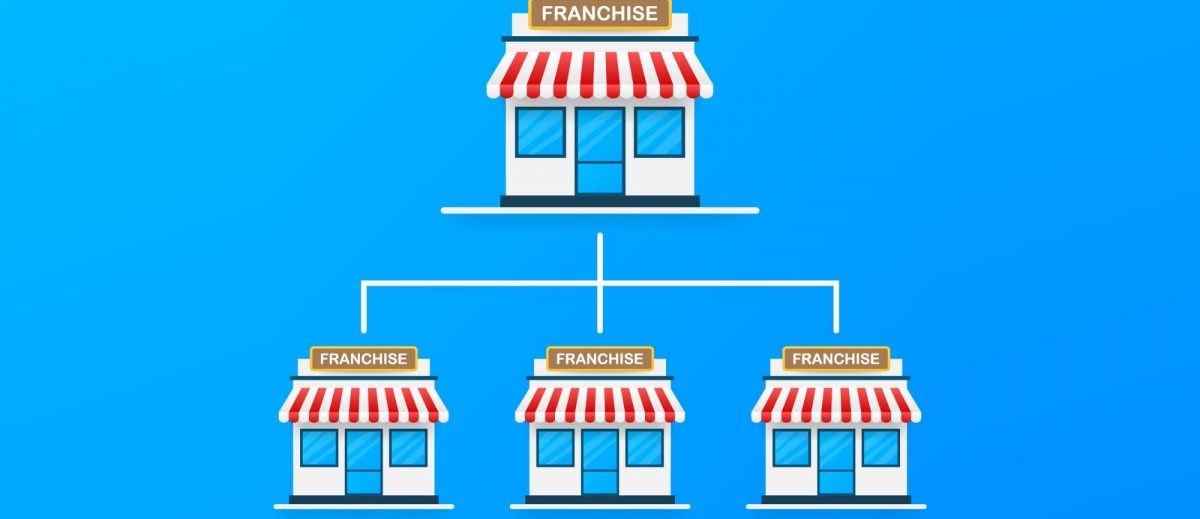
Franchise is a business term that we get to hear often. The word “franchise” is of Anglo-French origin. It is derived from the word ” Fran” meaning free. Franchise is a type of licence that grants a franchisee, access to a franchisor’s proprietary business knowledge, processes and trademarks; thus giving the franchisee access to sell a product or service under the franchisor’s business name. In exchange of acquiring a franchise, the franchisee needs to pay the franchisor an initial start-up fee and annual licensing fees. He also needs to agree to comply with certain obligations, typically set out in a franchise agreement. Thus franchising is based on a marketing concept which can be adopted by an organisation as a strategy for business expansion. Precisely, in case of franchising, a franchisor licences its knowhow, procedures, intellectual property, use of its business model, brand and right to sell its branded products and services to a franchisee. Adopting a franchise system business growth strategy for thd sale and distribution of goods and services, minimises the franchisor’s capital investment and liability risk.
TYPES OF FRANCHISES :
The concept of modern franchising dates back to the middle ages, when landowners made franchise-like agreements with tax collector, who retained a certain percentage of the money they collected and turned the rest over. However, the boom in franchising did not take place until World War II. Since franchising is a relatively flexible method, almost all types of business can be franchised. The five major types of franchises are – Job Franchise, Product Franchises, Business Format Franchise, Investment Franchise and Conversion Franchises.
• Job Franchises – This is usually a home-based or low investment franchises that is taken by a person who wants to start and run a small franchised business alone. A diverse range of services fall under this category like Travel Agency, Commercial and Domestic Cleaning, Cell Phone accessories and repairs, etc.
• Product Franchises – Product driven franchises are mainly based on Product-dealer relationships, where the franchisee distributes the franchisor’s products. Some well-known product distribution franchises are Goodyear Tires, Chrysler, etc.
Business Format Franchise – The business format franchising is the most popular type of franchise system and is generally the one which is referred to when talking about franchises system. Here the franchisee not only gets to use the franchisor’s trademark but also gets the entire system to operate the business and market the product and/or service. The most popular franchises are fast food, restaurant, fitness and others.
Investment Franchises – These are large scale projects requiring lump sum investment like hotels, big restaurants, etc. The franchises usually invest money and engage either their own management team or franchisor to operate business.
Conversion Franchises – In conversion franchising, franchises system grows by converting independent business in the same industry into franchises units. Examples of industries that extensively use conversion franchising are Real estate brokers, Florists, Professional service companies, etc.
ADVANTAGES :
Some of the distinct advantages of franchising are –
• Franchisors often have an established reputation and image which make the task of advertising easier and less expensive.
• Franchises have a higher rate of success than start-up businesses.
• One doesn’t necessarily need a business experience as the franchisors usually provide the training needed to operate their business model.
• It is often easier to secure finance for a franchises.
https://kolahalstudio.com/single-blog.php?blog=A-watch-to-go-with-every-attire